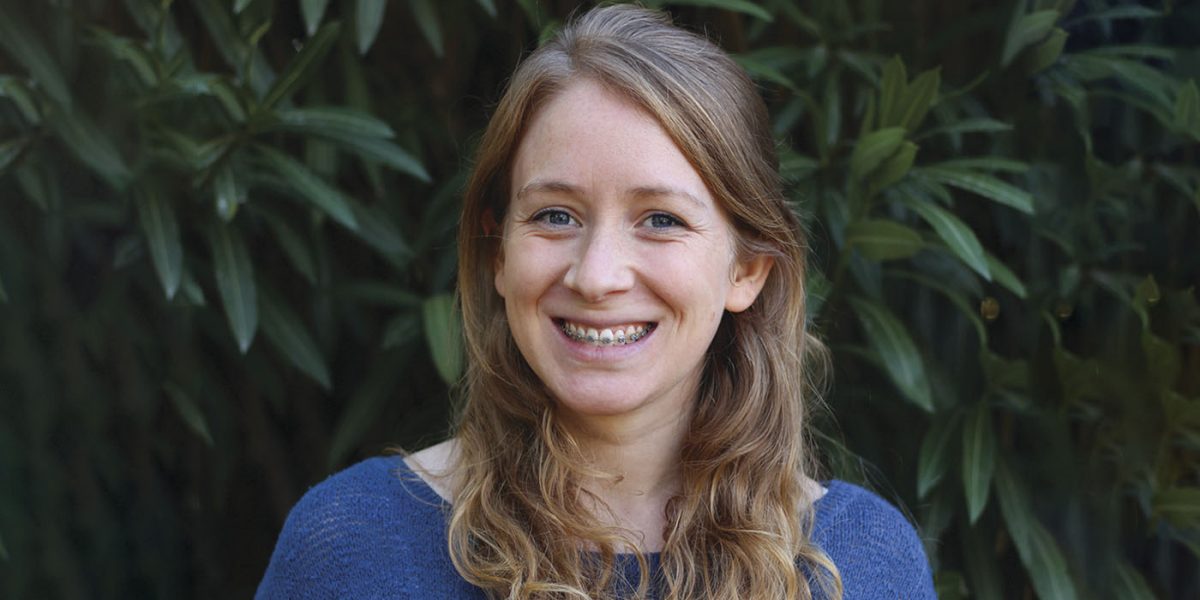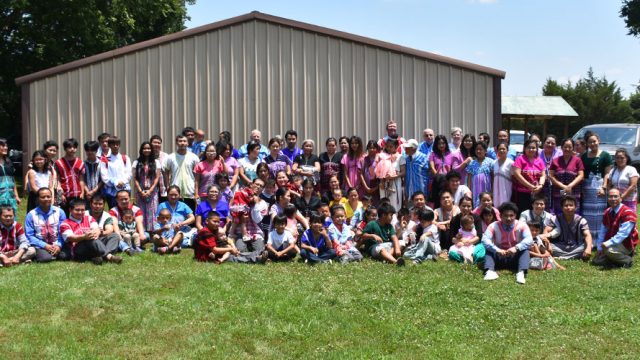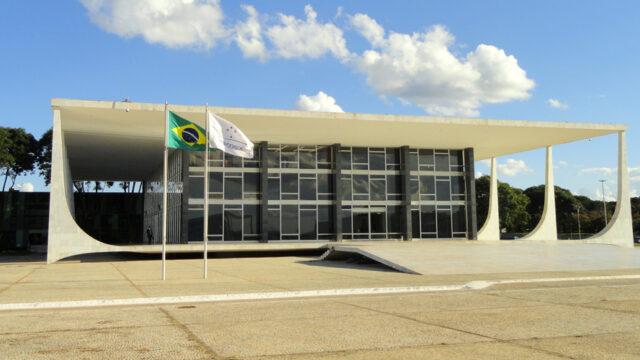I was already going somewhere when I said “I will go” for the first time.

I was already going somewhere when I said “I will go” for the first time.
That was eight years ago. Some friends who belonged to the mission club of the School of Health at River Plate Adventist University had a dream, and they began to plan an international meeting for students who wanted to be missionaries and present their projects to others. The idea was to invite speakers from all over the world to get specialized training and be inspired for mission.
Things started small that first time, as they usually do, but I was part of the project, and I wholeheartedly joined in the decisions made by hundreds.
In September I had the chance to participate in the fifth edition of this international congress that brings together mission-minded people every two years in different educational institutions in South America.
There were more than 3,600 people at Universidad Peruana Union, the Adventist university near Lima, Peru.
I felt inspired as I listened to the testimonies and experiences shared by missionaries from around the world. Many of those who attended decided to be lights to the world, wherever they were, and to answer God’s the call to serve.
I was already going somewhere when I said “I will go” for the fifth time.
I had started my trip with some friends in the north of Argentina. We traveled with our backpacks through Bolivia and crossed into Peru, where the Lake Titicaca floating islands are located. Following my participation in the congress, as a group we had planned to visit the famous ruins of Machu Picchu.
The prophet Isaiah heard God’s call to go and was willing to be sent (Isa. 6:8). I am sure, however, that he was already engaged in serving God somewhere. He was called to a new task and he was given a new mission, but he was already a missionary. He was already “going.”
I felt long ago that God was asking me to be a missionary, but I realized that I needed to be a missionary wherever I was if I ever dreamed of being sent somewhere else. I had read in The Desire of Ages that “every true disciple is born into the kingdom of God as a missionary.”* So this trip that I embarked upon with my friends, I felt, had to be a mission trip as well. It was not always easy. Sometimes I lost sight of this important goal and got distracted. Testifying was not as easy as I thought it would be. Conversations about God with people around us did not come easily.
When I arrived at the congress I realized that even though I was saying “I will go,” the present continuous of that statement is not always easy to practice. In order to make the future tense a reality, I needed to live God’s call in the present tense.
Things got better after the congress, and my friends and I were able to share more about our beliefs with people we found in our travels. We met some former Adventists who had never thought about volunteer work, but found it interesting after hearing about it for the first time. We met people who struggled and lacked hope.
Sometimes we confuse tenses, and things get complicated. We may intend to do many things for God. We may sing hymns about hope and grace with conviction and gusto, but if we don’t surrender our lives daily to Him, if our mission doesn’t start at home, we may miss the mark completely.
I want to say every day: “I am going— therefore I will go.”
* Ellen G. White, The Desire of Ages (Mountain View, Calif.: Pacific Press Pub. Assn., 1898, 1940), p. 195.








